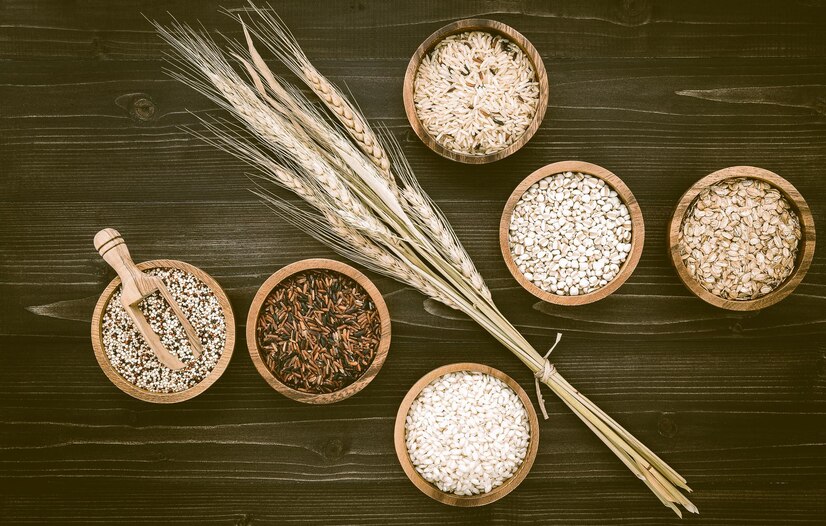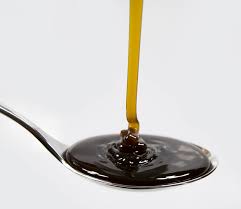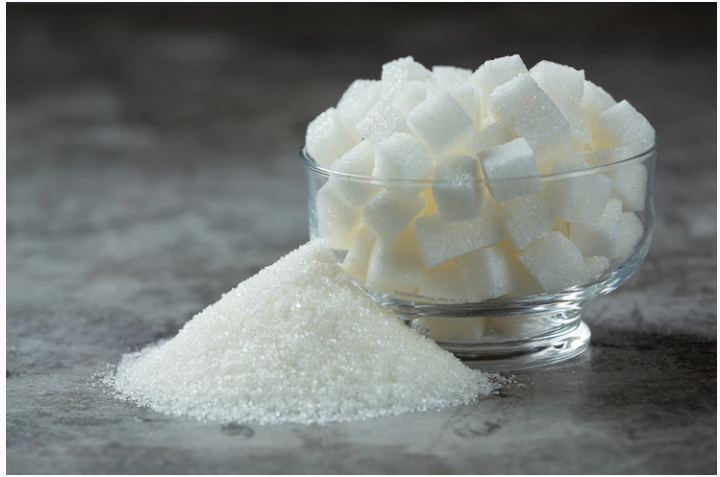Manufacturers are deploying food and beverage fortification by adding nutritional additives, such as probiotics, fibers, vitamins, and minerals, to their product offerings. The major motive for incorporating additives in the food & beverages industry is to increase the health benefits of food products. Promising health benefits of probiotic-fortified food and participation of international bodies in the R&D approvals of probiotics are a few of the major factors influencing the global probiotic ingredients market. Functional ingredients such as probiotics are highly used in yogurt to improve the quality of intestinal microflora. Such a trend is expected to fuel the market over the forecast years. Probiotic-fortified food includes yogurt, bars, snacks, and infant formula. Probiotic drinks are a type of functional beverage that can help improve gut health by balancing the intestine, thereby raising immunity. For instance, Meluka Australia, a subsidiary of ASX-listed Eve Investment, launched Meluka honey and probiotic tonic, a new product, in April 2020, claiming to be the first of its kind in the market. Thus, such innovation and new product launches increase the demand for probiotic-infused functional food and beverages.
Consumers are becoming more health-conscious and focusing on their lifestyles and diets, resulting in a boom in demand for probiotic-fortified foods and beverages worldwide. To fulfill consumer demand, food manufacturers are developing various new products with instructions and pictures in response to the current healthy eating trend. For instance, Yakult Honsha, a Japanese company, launched a probiotic dairy drink in 1955, which was dismissed by several industry experts; however, currently, it’s the world’s largest probiotic dairy brand found in Asia Pacific, Europe, and North Americas.
Digestive wellness is a prominent driving factor owing to the rising demand for low-carbohydrate, high-protein, and paleo diets. For instance, in April 2020, Neuro launched a new digestive beverage called Probucha derived from ‘probiotics’ and ‘kombucha’. The shelf-stable drink is lightly carbonated with natural flavoring, including Meyer lemon and ginger, to aid digestion. The demand for probiotic ingredients in fortified foods is projected to remain high due to the increasing awareness of their benefits and the willingness of consumers to purchase premium products incorporated with probiotics. These factors are boosting the demand for probiotic-fortified food and beverages, thus driving the probiotic ingredients market.
A few players operating in the probiotic ingredients market are ADM; Novozymes A/S; Chr. Hansen Holding A/S; Kerry; Lallemand Inc.; IFF Nutrition & Biosciences; AngelYeast Co., Ltd.; Probiotical S.p.A.; Adisseo; and Probi among few others.



